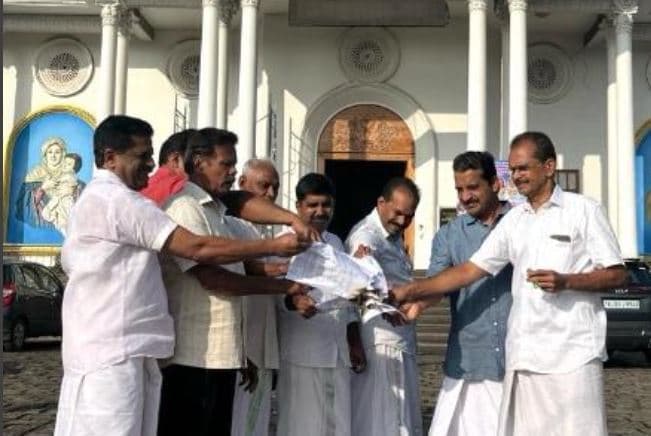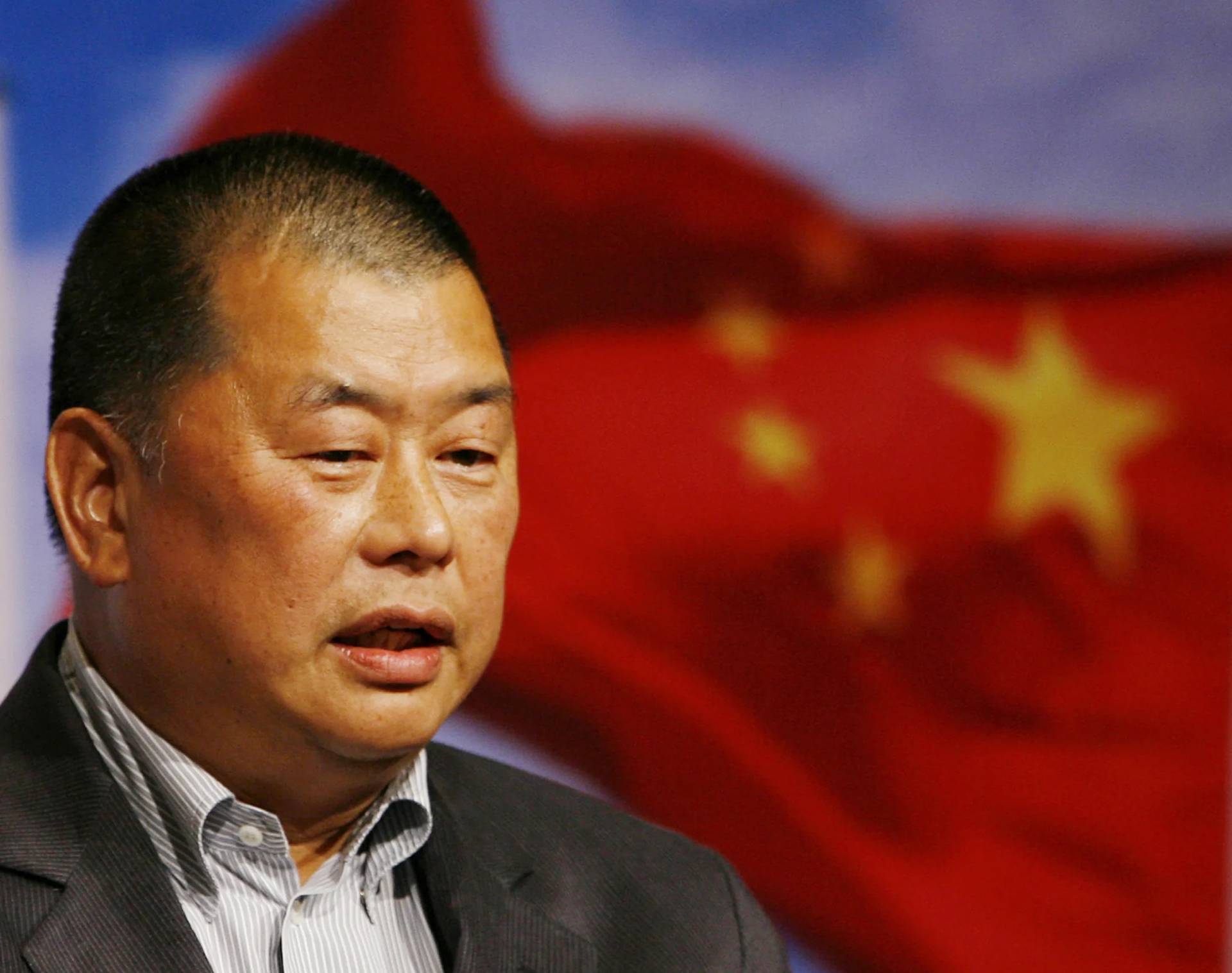MUMBAI, India – Tensions in the Ernakulam-Angamaly Archdiocese in India have reached a boiling point as parishioners protest against administrators appointed by Apostolic Administrator, Bishop Bosco Puthur.
Over the past few days, confrontations have occurred at Martin de Porres Catholic Church in Palarivattom, St. Mary’s Forona Church in Tripunithura, and Velankanni Mata Church in Matanagar.
The faithful have blocked the vicars appointed by Puthur to take charge of these churches.
When he was appointed Apostolic Administrator of the Syro-Malabar Archdiocese of Ernakulam-Angamaly last December, there was hope the 77-year-old might finally be able to bring peace to the troubled community, split for years over liturgy, money and power.
The conflict centers on the issue of the Synod Mass, which the Apostolic Administrator is attempting to enforce in the archdiocese despite ongoing legal proceedings concerning its implementation.
Tensions in Ernakulam-Angamaly reach back at least to 2017, when complaints surfaced that the former head of the Syro-Malabar Church, Cardinal George Alencherry, had sold certain properties belonging to the archdiocese without consulting the presbyteral council, which resulted in a $10 million loss. The controversy lead the Vatican to curtail Alencherry’s administrative powers and to appoint an apostolic administrator in June 2018.
Divisions deepened in 2021, when the synod of the Syro-Malabar Church based in Kerala decided to adopt a uniform mode of celebrating the liturgy, which priests face the people during the Liturgy of the Word and then the altar during the Liturgy of the Eucharist, turning around again to address the congregation after communion.
While virtually all of the Church’s dioceses have adopted the new system, clergy and laity in the Archdiocese of Ernakulam-Angamaly, by far the largest Syro-Malabar jurisdiction, have rejected it, arguing that facing the people throughout the Mass is a legitimate liturgical variation and one more consistent with the reforms of the Second Vatican Council (1962-65).
As the matter of the Synod Mass continues to be debated in various courts, parishioners argue Puthur is disregarding both canon law and civil law by pushing forward with the imposition of the Synod Mass.
The faithful believe that such actions are a direct violation of their rights, as they feel the Synod Mass is being forced upon them without their consent or proper legal procedures. According to them, this is an attempt to undermine the longstanding traditions of the local Church and impose a centralized approach that disregards the local church’s autonomy.
The situation has intensified further with reports that a group of individuals, led by a priest, forcibly entered the churches and occupied the vicar’s chair. The act of forcibly seizing church authority, according to critics, is a clear violation of both legal and moral standards. They view it as an act of aggression and disrespect toward the clergy and the parishioners who have been serving their communities with dedication for years.
Father Sebastian Thalian, Convener of the Archdiocese Protection Committee, condemned these actions as “unchristian and immoral,” highlighting that such tactics are not only unethical but also illegal.
He emphasized that using force to seize control of the church is punishable under Section 146 of the Indian Penal Code, which deals with rioting and unlawful assembly. Thalian also questioned the legitimacy of the actions taken by Puthur, asking under which canon law it is acceptable for the Apostolic Administrator to bring a crowd to a parish, post a notice, and forcibly take control of the vicar’s authority.
The conflict is also raising concerns about the role of the local government and police in the matter. Many parishioners feel that the authorities, who are meant to protect life and property, are instead supporting the actions of Puthur and his appointed administrators. This has fueled further frustration and has created an atmosphere of distrust between the local community and the archdiocese’s leadership.
Thalian and other leaders within the Archdiocese Protection Committee argue that the Major Archbishop and the Apostolic Administrator have failed to engage with the priests of the Archdiocese in a meaningful dialogue to resolve the Eucharistic issue.
They argue that it is irresponsible and even foolish to attempt to impose the Synod Mass by such underhanded means without proper consultation and dialogue with the faithful. Fr. Thalian compared the current situation to past critiques of atheist movements that sought to achieve their goals through any means necessary, warning that the Church should never adopt such tactics.
“The Catholic Church has always upheld the moral principle that the means to achieve a goal should be as honest as the goal itself. Today, the Synod is determined to adopt any vile means and use immorality to achieve the goal of a unified Eucharist,” said Thalian. He promised that the faithful of the Ernakulam-Angamaly Archdiocese would not stand by idly as the Church’s moral foundation is compromised.
“We will resist this immorality with truth and defend our traditions,” he said.
The unrest continues to escalate, and it remains to be seen how the Major Archbishop and Apostolic Administrator will respond to the growing opposition.
Many are calling for a peaceful resolution and for both the Church and the faithful to come together to address the Eucharistic issue through proper dialogue and respect for the law.
This article has been updated.














